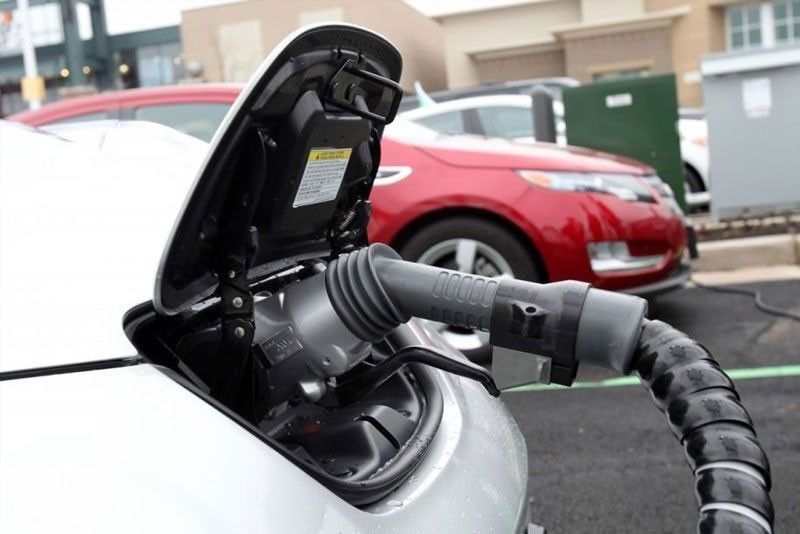Lack of charging stations saps Pinoys’ interest for EVs – study

MANILA, Philippines — The lack of charging stations for electric vehicles (EVs) in the country is dampening the interest of Filipinos for this type of vehicle, according to a study by Deloitte.
Based on results of Deloitte’s 2023 Global Automotive Consumer Study, Filipinos showed the least interest in the Southeast Asian region for EVs or hybrid vehicles for their next automobile purchase.
According to the survey, 72 percent of Filipinos said they would like gas or diesel engine, also known as an internal combustion engine (ICE) for their next vehicle. This is a higher percentage compared to the 59 percent of Indonesians and 49 percent of Vietnamese.
Results of the study also showed that the lack of public EV charging infrastructure was the most commonly cited concern that stopped respondents from purchasing a full battery-operated EVs among Southeast Asian countries, except for Singapore.
“These results underscore the importance of ensuring that a robust infrastructure is in place to support EVs before we can expect consumers to make the switch en masse. And we’re not just talking about convenient charging sites. We have to consider if we have the right workforce to service these vehicles wherever the owners may need that assistance,” said Eric Landicho, managing partner and CEO of Deloitte Philippines.
“It also helps situate the government’s efforts at messaging and designing incentives to encourage the use of EVs so they can better align these initiatives with what consumers actually want,” Landicho said.
Earlier this year, the Philippines, through Executive Order 12, temporarily removed tariffs on EV imports on completely built-up units of certain electric vehicles, except for hybrid-type EVs.
Trade Undersecretary and Board of Investments (BOI) managing head Ceferino Rodolfo explained earlier that the coverage of only pure EVs is in line with the goal of developing the EV infrastructure in the country.
“We want to develop the infrastructure, such as the charging stations. The problem with hybrid is most of them will not need any charging station,” Rodolfo said.
He explained earlier that if hybrid is included in the EO, this may not lead to the development of charging stations.
“While with pure EVs, this will also spur investments in charging stations,” Rodolfo said.
Results of the Deloitte survey showed that 69 percent of Filipinos expect they will have to charge their EVs at home for day-to-day use, 71 percent will likely be unable to either because they cannot install home chargers (26 percent) or the cost of doing so is too high (45 percent).
In addition, 26 percent expect to charge their vehicles at an on-street public charging station, while five percent expect to charge at work.
When charging on the go, 40 percent of Filipinos would prefer to do so at a dedicated EV service station, while 26 percent would opt for a traditional gas station with EV chargers.
Asked about the amenities they would like to have at public charging stations, 89 percent of Filipinos said WiFi connectivity, followed by the usual coffee and beverages (77 percent), snacks and light meals (75 percent), and lounge or sitting area (73 percent).
- Latest
- Trending




























